Kelp
Ascophyllum nodosum is a species of seaweed. It is being investigated for its immunostimulatory properties and it may inhibit carbohydrate absorption after supplementation.
Kelp is most often used for
Last Updated:September 28, 2022
Ascophyllum nodosum is a species of seaweed found around the globe. It is one of the many species of seaweed called kelp.
Ascophyllum nodosum contains compounds called phlorotannins, which are unique to seaweed and may be able to inhibit starch and lipid absorption. This effect is very unreliable, to the point where two human studies investigating carbohydrate absorption reported two opposite effects.
Ascophyllum nodosum also contains a compound called ascophyllan, which may have immunostimulatory properties. Ascophyllum nodosum extract has anti-inflammatory properties. Much more research is needed to determine the practical significance of Ascophyllum nodosum supplementation.
Though Ascophyllum nodosum is a healthy food, there is no evidence to support its usefulness as a supplement.
- Kelp (one Of Many Species)
- Egg Wrack
- Rockweed
- Ascophyllum Nodosum
Human studies investigating Ascophyllum nodosum use 4,600 mg of Ascophyllum nodosum extract added to a food product, taken once per day.
More research is needed to determine if this is the optimal dose of Ascophyllum nodosum. Different extract concentrates have not been tested.
🚧 Under Renovation 🚧
The information in this section is slated for renovation — it will soon be transformed into a more usable (and readable!) form in the coming months. As such, the text in this section may be out of date and not up to Examine’s current standards for writing style.






